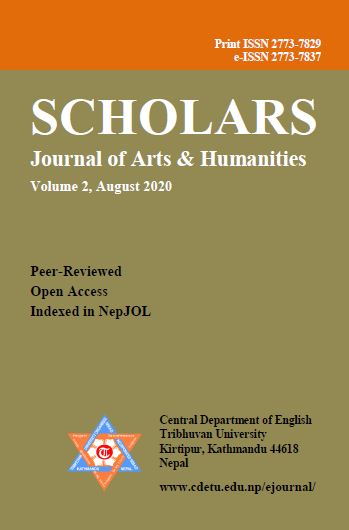Epistemological Values and Limitations of Ethnography as an Interpretive Research Approach
DOI:
https://doi.org/10.3126/sjah.v2i0.35016Keywords:
Epistemology, ethnograpy, humanities, interpretive approach, social scienceAbstract
The research method in humanities and social sciences shares a certain theoretical frame and research design with the interpretive approach. The “interpretive approach” of ethnographic research brings humanities and social sciences together in the realms of naturalistic inquiry as well as knowledge production. This article discusses how ethnographers would tend to address these epistemological fronts in scholarship and research design in humanities and social sciences. It also raises some of the pragmatics and methodological utilities of the ethnographic approach, followed by a short description of ethical and practical issues involved in the research process. Both the humanities and social science research adopt the interpretive approach to explore the subject of investigation in the specific theoretical frame and from multiple perspectives. The article concludes that the strengths that it offers, particularly concerning unravelling complexities of people’s daily lives in their “meaning perspectives,” are unique and appealing even though ethnography never remains immune to some of the limitations of qualitative research.
Downloads
Downloads
Published
How to Cite
Issue
Section
License
© Central Department of English, Tribhuvan University and Authors




